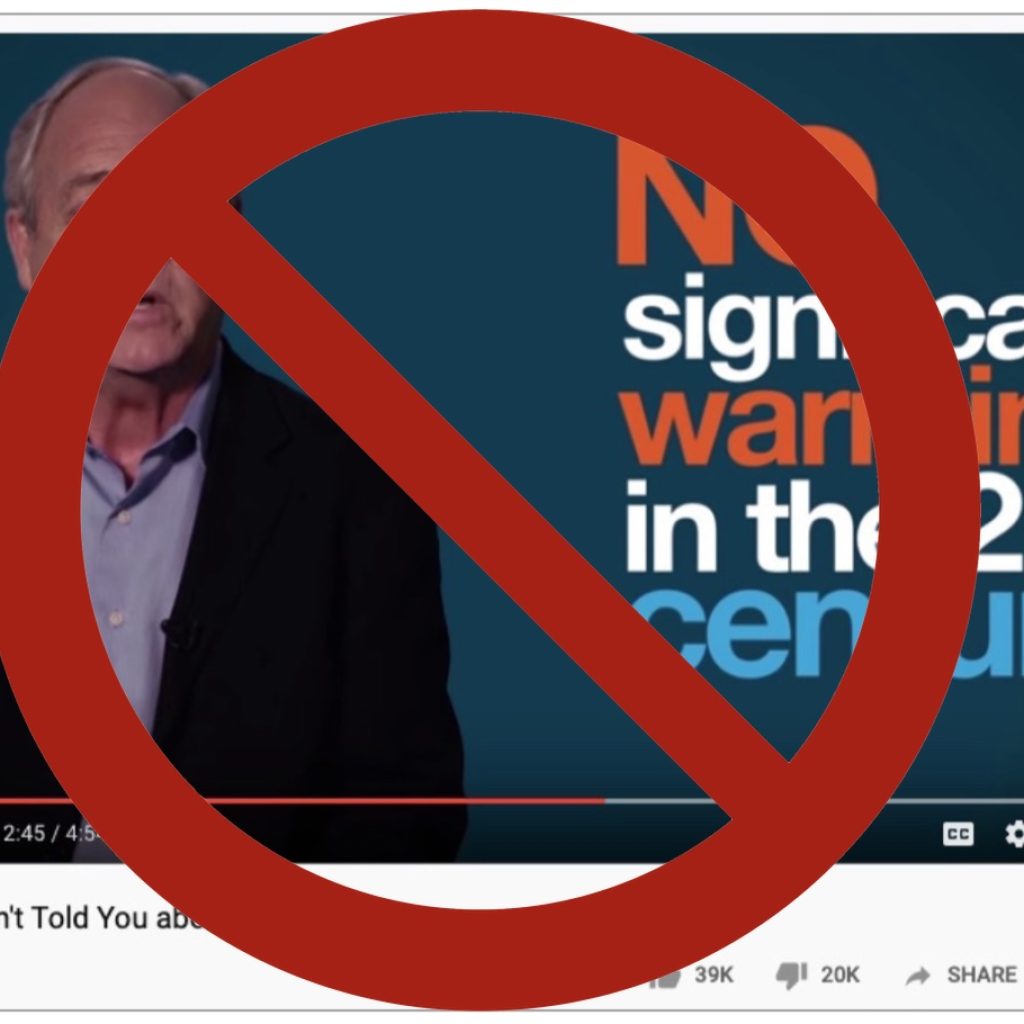In a notable development in U.S. domestic and foreign policy, President Joe Biden has extended an apology to Muslim-American leaders regarding his recent comments on the Gaza conflict. This move marks a significant step in addressing the concerns of the Muslim-American community and reflects the administration’s approach to the complex geopolitical situation in the Middle East.
During a press conference on October 25, President Biden openly expressed doubts about the casualty figures reported by the Hamas government in Gaza. His statement, “I have no notion that the Palestinians are telling the truth about how many people are killed,” sparked controversy and highlighted the challenges in verifying information in conflict zones. This skepticism was criticized, as it appeared to downplay the gravity of the situation in Gaza.
The meeting with Muslim-American leaders
President Biden met with five prominent Muslim-American leaders the following day in response to the backlash. The meeting served as a platform for these leaders to convey the impact of the Middle East conflict on people they knew. It was during this gathering that President Biden issued his apology, stating, “I’m sorry. I’m disappointed in myself.” This gesture was seen as an attempt to bridge gaps and demonstrate empathy towards the Palestinian plight.
The Gaza conflict has had a significant humanitarian toll. According to data from the Hamas-controlled Ministry of Health, the war has resulted in over 14,000 Palestinian fatalities, including many women and children. On the other side, Israel has reported over 1,200 civilian deaths following an attack by Hamas. These figures underscore the devastating impact of the conflict on both Palestinian and Israeli civilians.
Biden’s balanced approach to the Middle East conflict
Faced with criticism from within his administration and from prominent Democrats, President Biden has maintained a balanced stance on the Gaza issue. While reaffirming U.S. support for Israel following the Hamas attack, he has also advocated for a cessation of hostilities. His dual focus has been on facilitating humanitarian aid into Gaza and securing the release of hostages held by Hamas.
The ceasefire and hostage negotiations
In a significant diplomatic achievement, a ceasefire agreement was brokered between Hamas and Israel, leading to a four-day pause in fighting. This ceasefire is part of a broader hostage-for-prisoner deal aimed at releasing approximately 50 hostages in exchange for Palestinian prisoners. This development represents a critical step towards temporary peace in the region.
Biden’s diplomatic strategy
President Biden’s approach to the Gaza conflict and his outreach to Muslim-American leaders indicate a nuanced diplomatic strategy. By extending an apology and engaging in dialogue with community leaders, Biden has shown a willingness to address diverse viewpoints and acknowledge the complexities of international conflicts. This approach reflects a broader strategy to balance U.S. interests in the Middle East while being sensitive to human rights issues.
The role of empathy in diplomacy
The meeting with Muslim-American leaders and the subsequent apology highlight empathy’s role in international relations. Biden’s administration is fostering a more inclusive and compassionate approach to foreign policy by showing a willingness to listen and understand the human cost of the conflict. This strategy not only aids in building bridges with various communities and enhances the U.S.’s standing as a mediator in international conflicts.
The future of U.S. involvement in the Middle East
The recent developments suggest a potential shift in U.S. involvement in the Middle East. While the U.S. continues to support Israel, there is also a growing recognition of the need for a balanced approach that considers the rights and needs of the Palestinian people. This dual approach could pave the way for more effective U.S. engagement in the region, potentially leading to long-term conflict resolution.
President Biden’s apology to Muslim-American leaders and his efforts to mediate the Gaza conflict represents a significant moment in U.S. diplomacy. By acknowledging the situation’s complexity and showing empathy towards all affected parties, the Biden administration illustrates a commitment to a more inclusive and balanced foreign policy. As the situation in the Middle East continues to evolve, the U.S. will likely play a crucial role in shaping the path toward peace and stability in the region.





